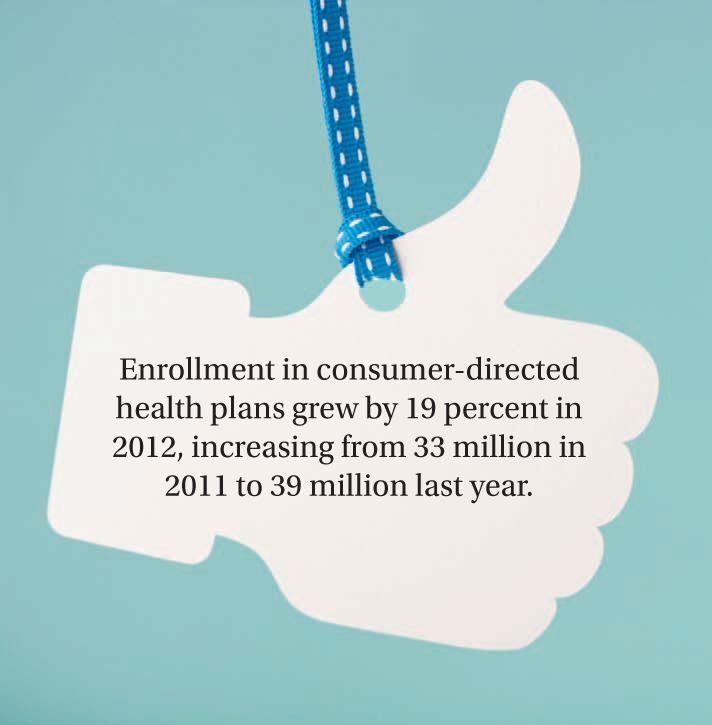
Move over, traditional health plans. Consumer-driven healthplans might be moving on up in the insurance world.
Satisfaction levels are rising for Americans withconsumer-driven health plans just as satisfaction—as well aspopularity—slip for traditional health plans, according to newresearch from the nonpartisan Employee Benefit ResearchInstitute.
Continue Reading for Free
Register and gain access to:
- Breaking benefits news and analysis, on-site and via our newsletters and custom alerts
- Educational webcasts, white papers, and ebooks from industry thought leaders
- Critical converage of the property casualty insurance and financial advisory markets on our other ALM sites, PropertyCasualty360 and ThinkAdvisor
Already have an account? Sign In Now
© 2024 ALM Global, LLC, All Rights Reserved. Request academic re-use from www.copyright.com. All other uses, submit a request to [email protected]. For more information visit Asset & Logo Licensing.








